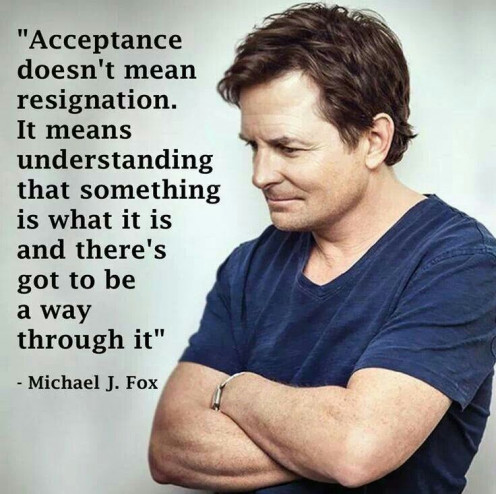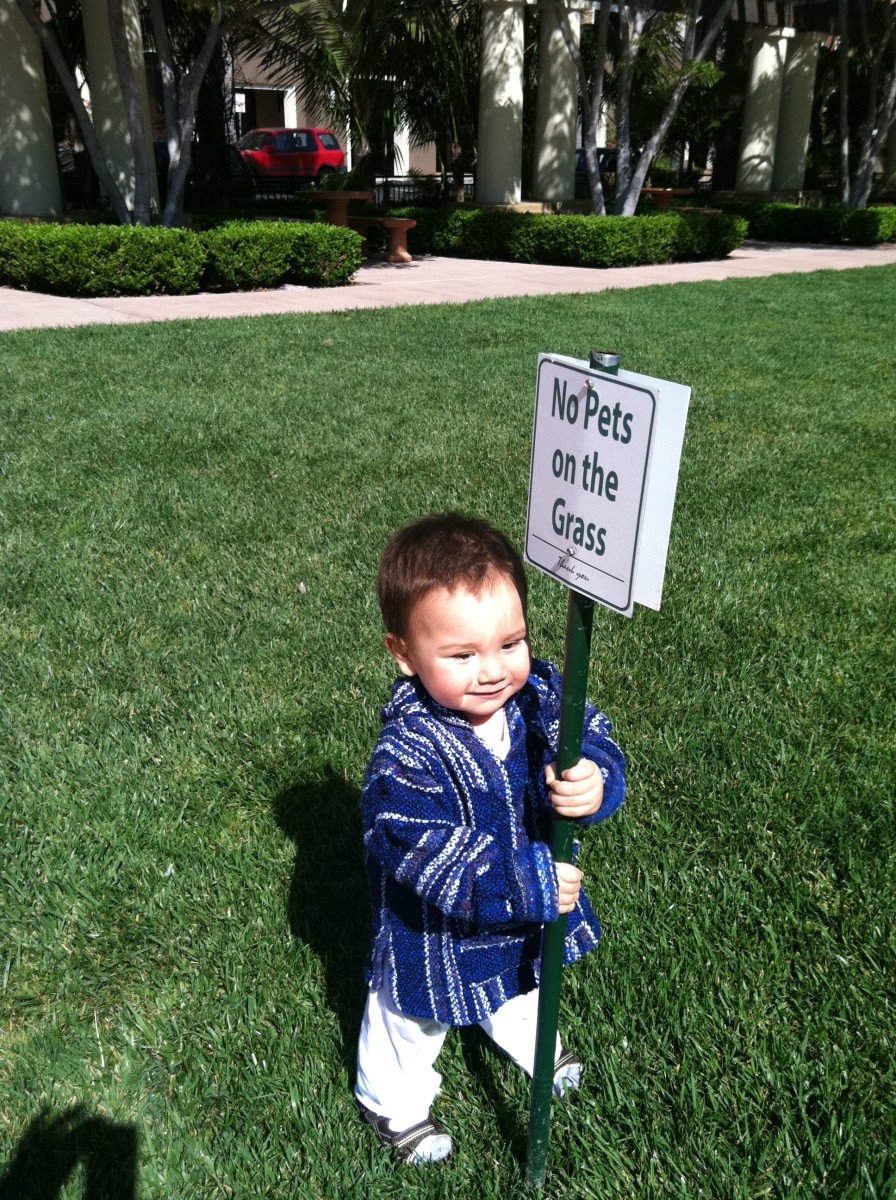- HubPages»
- Health»
- Quality of Life & Wellness»
- Personal Development
Finding Optimism: Death and Illness

The Inevitable Surprise
It could happen to anyone. You expect to spend your day in the same manner. Go to work, come home to spend time with your family and friends, start the day all over again. However, today, the story changes. After coming home from work, you check your phone messages and drop everything, in shock. One of your friends or a family member has fallen ill, has passed, or has been fatally injured. How can this be happening?
Accepting the Inevitable
These types of lifestyle impacts, regardless of whether we want them to happen or not, can affect people to different extents; the sooner we realize that there was nothing we could do about these situations,the easier it becomes for us to accept them.
Try to keep in mind, these events are not anyone's fault. There are a lot of people in this world, and you and your friend/family member who is affected are not alone. Feel free to learn more from a forum website, related to your situation. By joining, you will not only find yourself understanding this factor, but you will also find out how other people manage to carry on.
Sometimes, the best way you can cope with these sad times is not by locking away how you feel about it. Sometimes, it's wiser to walk right into it. Only YOU are capable of opening that door into that room, however. Some tend to have a hard time accepting it right away, requiring more time to fit the pieces to the puzzle. I'm hoping that this entry will help you finish your puzzle and provide enough assistance in finding your personal courage.
Adapting With Illness
Illnesses, especially chronic illnesses, can place a huge impact on your party*. The process of adapting not only affects how you and your party are thinking about the person affected, but it also affects you and your party. With that in mind, communication will be the key in gathering your information.
I know what you're thinking. Information? What information? Are you talking about research on the illness? Well, the answer to those question turn out as a yes AND a no. After finding out what's affecting the one you love, you'll learn about what to expect. Your party will see your efforts and either make the contribution in beginning their own research, or turn to you when they need your support.
Your research should also be on what everyone else is experiencing, in this chapter. How is everyone feeling about it? Who's going to need more support in handling it? How can I contribute to easing their troubles? By aiming to find the answers to these questions, you are well on your way to helping your party realize that you are all in this together.
*When I speak of your party, I am referring to your friends or family members also adapting to the same changes.
Facing the Difficulty of Letting Go
Adapting with Death
"Parting is such sweet sorrow." William Shakespeare, Romeo and Juliet, Act 2
http://www.enotes.com/shakespeare-quotes/good-night-good-night-parting-such-sweet-sorrow
Such a quote to place in the face of death, right? Not exactly, it fits in just fine. But how can that be? When someone dies, they never come back. How can I use such a quote? To match with this entry, try to remember that even in hard times, mankind has faith.
I normally don't tend to pry into what I believe is a dangerous topic, but a good majority of our faith derives among our various forms of religions. Christians believe that after we die, we are to expect a sanctuary for our souls living as good people, and a purgatory for souls living as bad people. Buddhism, and their faith in inner peace, consists of our souls seeking spiritual attachment with a new, living form. But no matter what, each religion states in their own way that we will always meet again, even in death.
When experiencing the concepts of death, I have had personal theories about faith. What types of religion are out there? How related are they with each other belief? With that in mind, I have come to the conclusion that as humans, we withstand troubled times through self-assurance. I feel that our religions help us to look at the death of others, while our hearts hold the experiences we have learned and shared with the deceased. With that in mind, I feel our faith holds memories in our hearts, in order to assist in an easier recovery of carrying on in our own lives.
Together Forever
Just Another Lesson in Life
Our experiences in life, whether they are good or bad, influence who we are. Our lessons mold us into the personality we create for ourselves and prepare us for a stronger resilience, for the next time. In this matter, I find that our ability to adapt is a phenomenal development in our genetics of complex thought. Through trial and error, we can combine memory and understanding to ease our grief and accept any future deaths/illnesses that occur during the story of our lives.
How much has this person influenced you? Have there been any experiences you've learned with them? Have these experiences altered your personality, in any way? The questions about your time with the person affected are endless. However, your negative feelings toward the event will then begin to diminish with each time you attempt to remember.
Keep in mind, for those who know someone with a chronic illness, you can still make more memories and experiences. Being there for them while they get through their illness will turn out to be one of the most important memories you both will encounter. Not only will your guidance keep you feeling grateful of the times still spent together, you will also realize how much you influence the courage within your friend/family member.
Next Entry: The "Outcast:" Guiding Your Child Through the Hardships of Individuality






